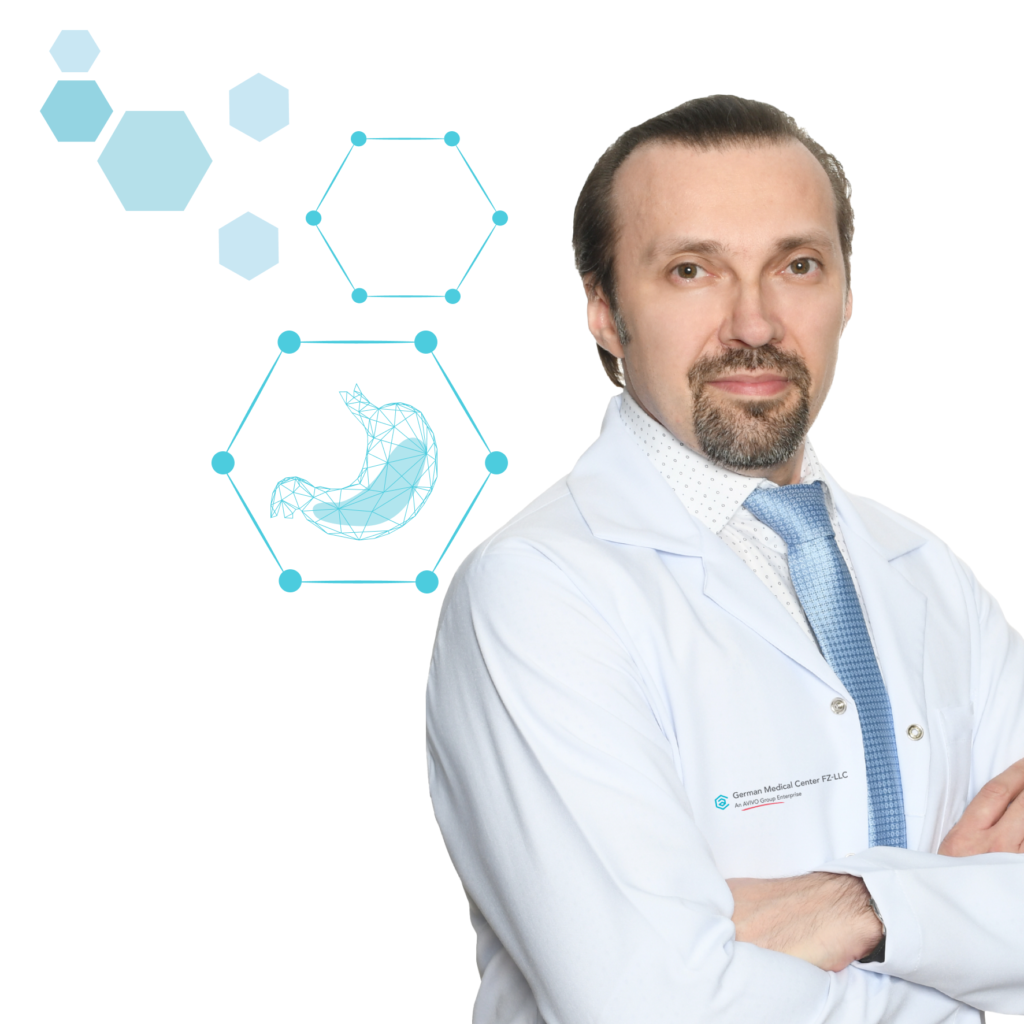
Dr. Sebastian Cuzincu
Gastroenterology and Internal Medicine
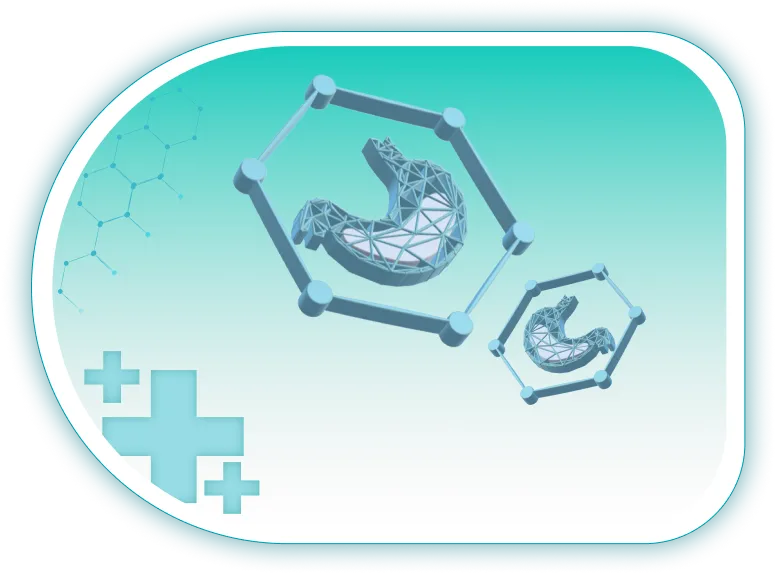




Experiencing sharp abdominal pain, bloating, or constipation? Diverticulitis of the colon occurs when small pouches in the colon become inflamed or infected, causing severe discomfort. At German Medical Center, our expert team provides comprehensive treatment options to manage symptoms and prevent complications. Don’t suffer in silence—take control of your digestive health today with the care and support you deserve.
By booking an appointment with German Medical Center.
Our team of experts are passionate about providing only the best quality care and treatment to their patients.

Gastroenterology and Internal Medicine
The symptoms of diverticulitis can vary in severity and may include:
It is important to seek medical attention if you experience any of these symptoms, as diverticulitis can lead to serious complications if left untreated.
Diverticulitis is caused by the formation of small, bulging pouches (diverticula) in the lining of the colon. These pouches can become inflamed or infected, leading to the symptoms of diverticulitis.
The exact cause of diverticula formation is not fully understood, but it is believed to be related to a combination of factors, including:
It is important to note that while these factors may increase the risk of developing diverticulitis, not everyone with risk factors will develop the condition.
There are diverticulitis medical treatment available and it depends on the severity of the condition. Mild cases of diverticulitis may be treated with rest, dietary changes, and antibiotics, while severe cases may require hospitalization and surgery.
In addition to these treatments, lifestyle changes may be recommended to help prevent future flare-ups. This includes maintaining a healthy weight, exercising regularly, quitting smoking, and reducing stress. A gastroenterologist can help develop a personalized treatment plan for those with diverticulitis.
Gastrointestinal Stromal Tumor of Stomach (GIST) is a rare type of cancer that affects the digestive system, particularly the...
Crohn's disease is a chronic inflammatory bowel disease that can cause a wide range of symptoms that can vary in severity and...
Appendicitis is a medical condition where the appendix, a small finger-shaped organ attached to the large intestine, becomes...
food poisoning can be a distressing condition that can leave you feeling miserable for days....
Cirrhosis is a chronic liver disease that occurs when healthy liver tissue is replaced by scar tissue, leading to decreased liver...
If you or a loved one has been diagnosed with achalasia, it's important to know that there are effective treatment options...
The first step in treating diarrhea is to identify the underlying cause...
If you are experiencing constipation, it is important to seek medical treatment for constipation from a qualified healthcare...
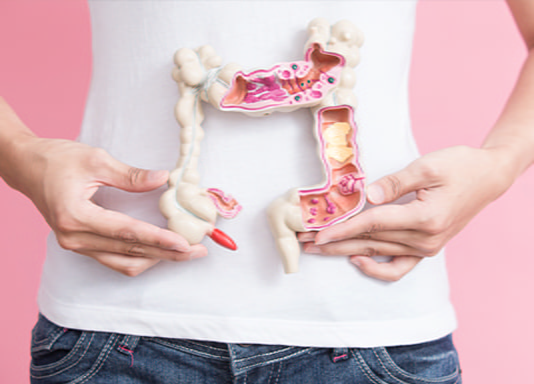
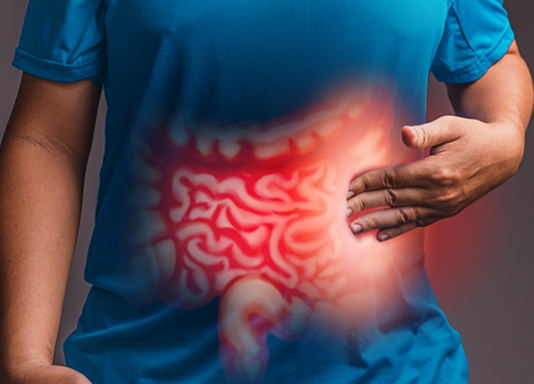
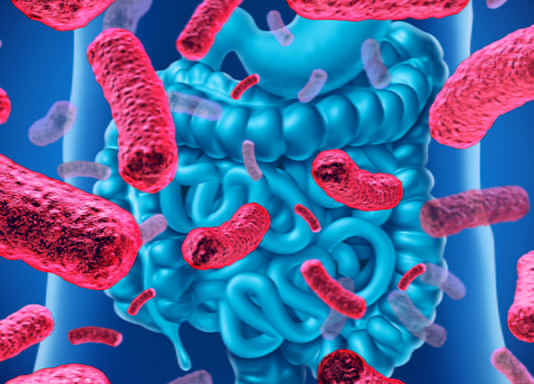


Partner with:
Partner with:


German Medical Center is one of the leading medical institution in Dubai formed by a group of specialists who are passionate about providing the personalized care tailored to the patient's unique needs.
Fill out our easy online form to book an appointment with German Medical Center. Our team of experts is dedicated to providing you with personalized care and guidance every step of the way. Don't wait, take charge of your well-being and schedule your appointment now!